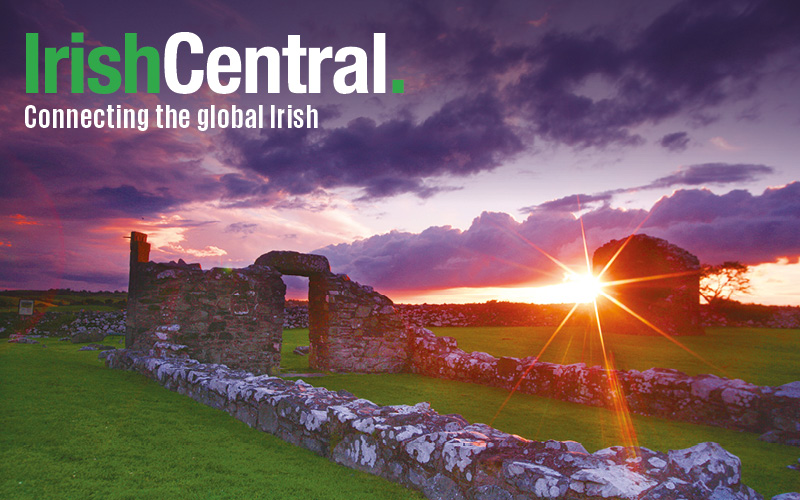In last week’s Wall Street Journal, a gentleman named Ferdinand Mount was among the pundits who contributed to a special section looking ahead to 2016. All of the contributors made a political or cultural prediction, and Mount wrote about what he called “The Populist Moment,” and in particular how immigration might play into the forthcoming presidential election.
Of course, Mount had to start with Donald Trump.
“The rise of the Trumpery Tendency bears more than a passing resemblance to the rise of the Know-Nothing Party in the 1840s and ’50s,” Mount begins.
“The Native American Party, as it laughably called itself, was born out of fears that the country was being overrun by Catholic immigrants from Germany and Italy, whose first loyalty was supposedly to the pope, not to the Constitution of the U.S.”
It is a good thing that Mount, unlike so many other angry folks these days, looked to history for some perspective on the always-vexing immigrant question.
But it is a bad thing that he confused his immigrant waves. Of course there were Catholic immigrants from Italy in the 1840s and 1850s. But it is the Famine Irish that were the primary boogeymen when it came to swelling the ranks of the Know-Nothings.
Since Mount mentions the Irish later, I want to give him credit. I also don’t want to hold it against him that, as his author bio reads, he was “head of the Downing Street Policy Unit under Margaret Thatcher.”
Nevertheless, Mount proceeds to let this nugget come tumbling out.
“Populist movements have come and gone in American politics. They have usually foundered on party splits (the Know-Nothings were hopelessly divided on slavery) and were ultimately washed away by public ridicule. They have also been eroded by demographic factors. To win in the big cities, the Know-Nothings soon began to need the support of those German- and Irish-American blue-collar workers.”
Perhaps what Mount means is that the Know-Nothings vanished because there was no way they could ever possibly garner votes in ethnic communities. The whole basis of their existence was nativism.
But the way Mount writes this creates the impression that the Know-Nothings actually engaged in politics and somehow attempted to win the votes of Irish Catholics and other immigrants. That’s patently absurd.
Then again, it’s only fitting. It is astonishing that a nation that makes such a big deal out of its immigrant roots -- E Pluribus Unum and all that -- is also dreadfully ignorant about what went into making this a nation of immigrants.
Look no further than the spoiled rich kid with the bad hair who has become synonymous with anti-immigrant sentiments. Trump’s own mother was an immigrant from Scotland while his paternal grandfather was an immigrant from Germany.
Of course, Trump and his many angry followers would say they were “good” immigrants who came to work, who learned the language, blah, blah, blah. Funny how so many 21st century Americans with 19th century immigrant roots convince themselves that immigration was so peaceful in the good old days.
Guess what? It wasn’t.
In a few months, there will be many earnest commemorations of the 100th anniversary of the Easter Rising in Ireland. Irish Americans, of course, played a key role in planning and advocating the violent overthrow of the British government. This led to many Irish in America being accused of and even arrested on charges of treason.
But it wasn’t just the Irish. One hundred years ago, America was on the brink of entering World War I and the nation was crawling with immigrants and their children from enemy nations. German spies seemed to be everywhere. Italian anarchists plotted bombings.
We need to remember how challenging immigration has always been. Not so that we can finally seal up the borders once and for all. But so that today’s challenges don’t seem so insurmountable.
Instead, we get a shoddy piece of history in the Wall Street Journal and an immigrant’s son as the spokesman for 21st century nativism. It’s going to be a long year.
* Contact [email protected].




Comments